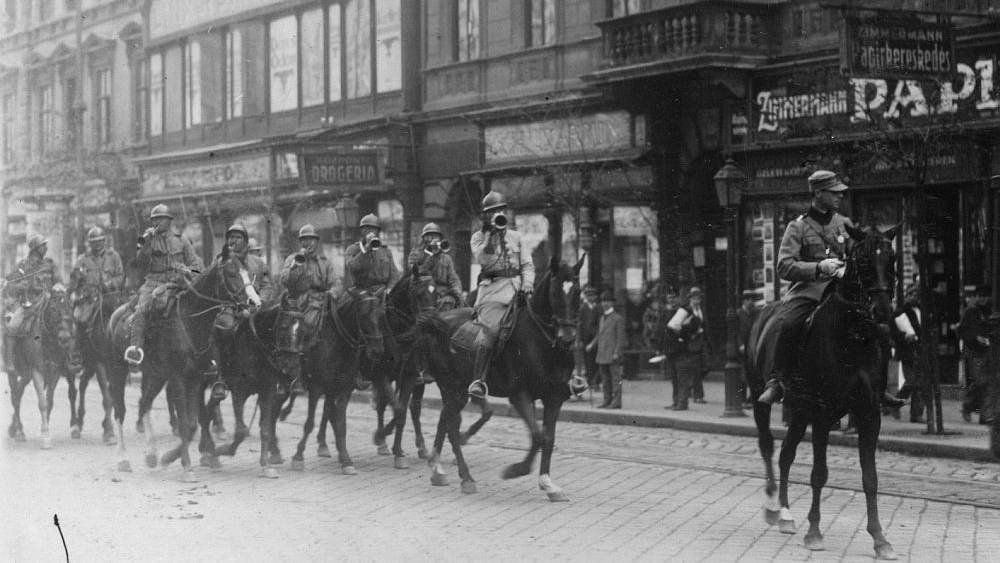
‘In the name of both myself and all the residents of the house, I lodge this complaint against unknown Romanian soldiers who, after becoming intoxicated day after day in the tavern located on the ground floor of the building, come out into the courtyard and recklessly fire their weapons with live ammunition, constantly endangering the bodily integrity and lives of the residents.’
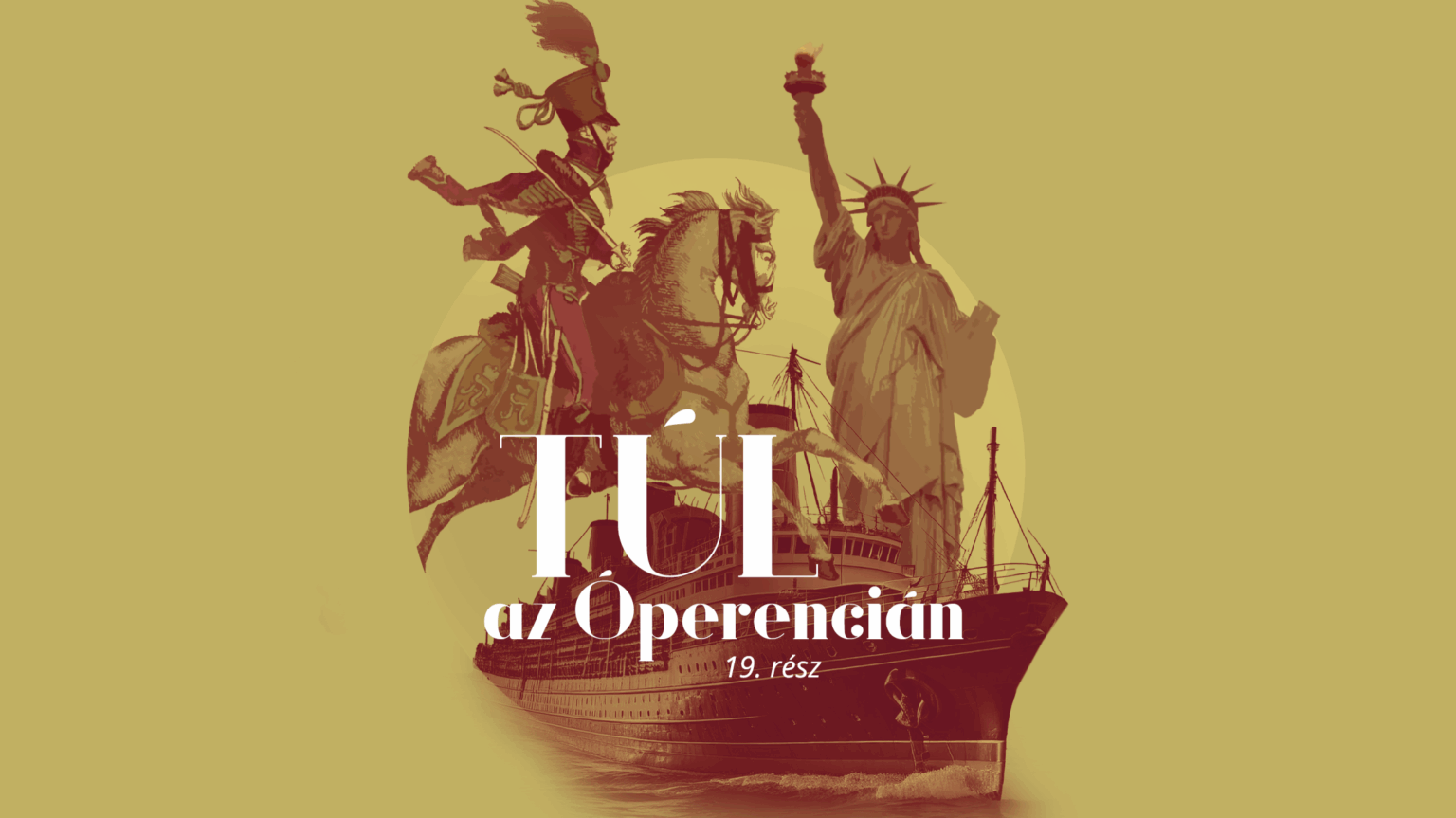
In its ‘Beyond the Óperencia’ series, Magyar Krónika is looking at the meeting points of America and Hungary, and at Hungarians in America, from penniless peasants to political emigrants and soldiers of fortune. In this part, let us present the story of Dr Arthur Wadgymar, who had a quite unbelievable life…
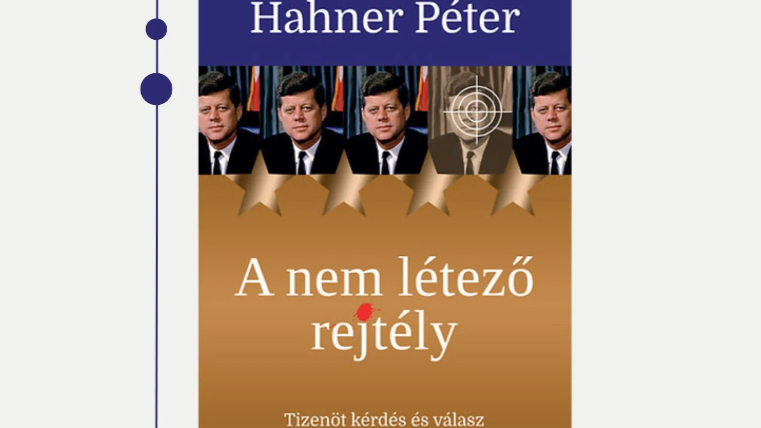
‘It is worth reading Hungarian historian Péter Hahner’s intriguing book, published 12 years ago, which deals with the most well-known conspiracy theories related to the Kennedy assassination on the occasion of its 50th anniversary, if only because President Trump signed an executive order on the release of secret files related to the assassination earlier this year.’

‘The experience of the European Union member states in the 21st century clearly indicates that the true measure of sovereignty today is not primarily the question of the fulfilment of a legal concept, but the level of realization of economic and technological independence.’
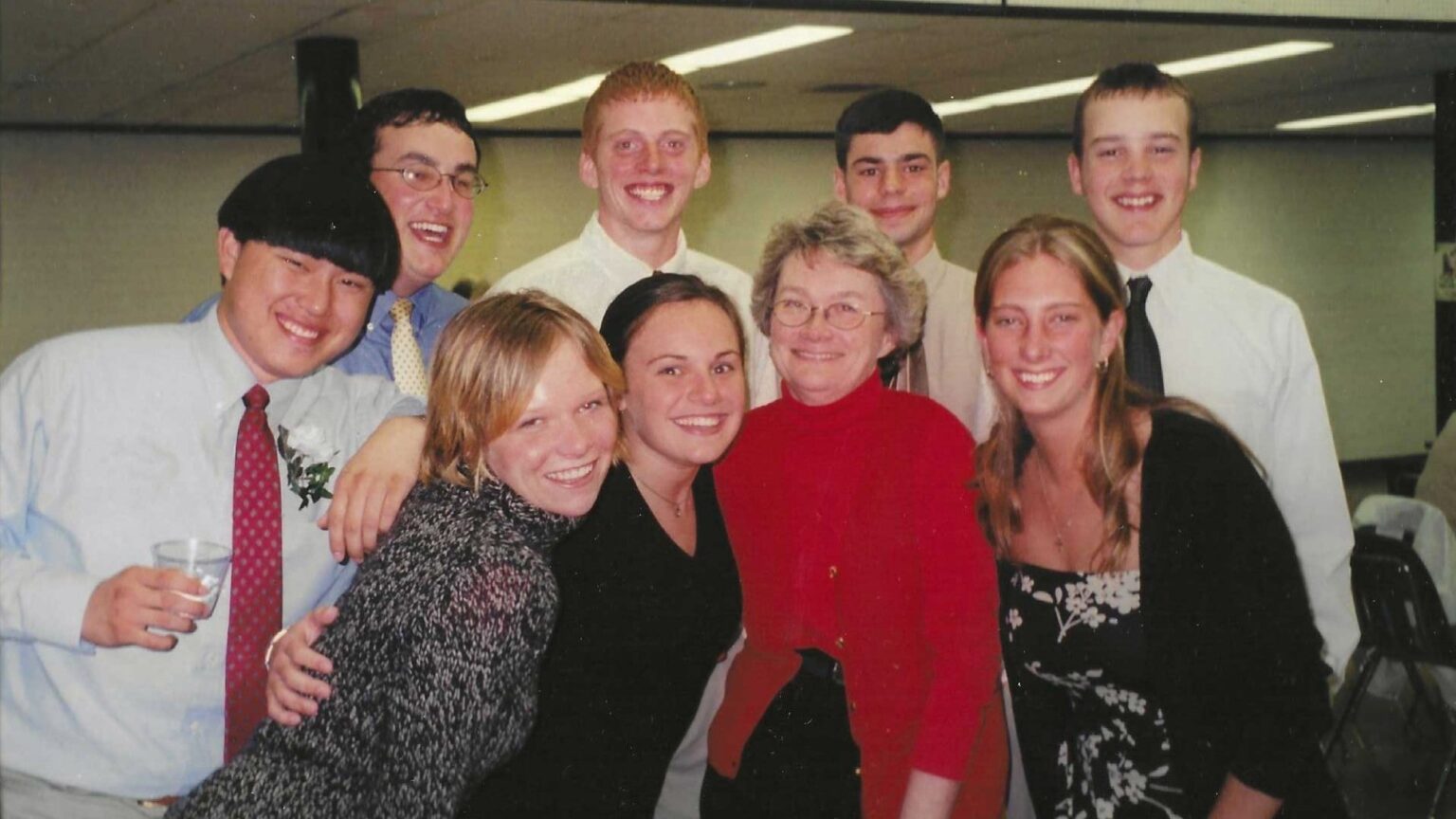
‘I believe that anyone who comes here values Hungarian identity, including young people present here, and we should appreciate that…The children’s program started because parents wanted to attend the lectures. That’s why it’s so important that it continues, and that’s why I committed to it for so long. But a person must also know when to stop.’
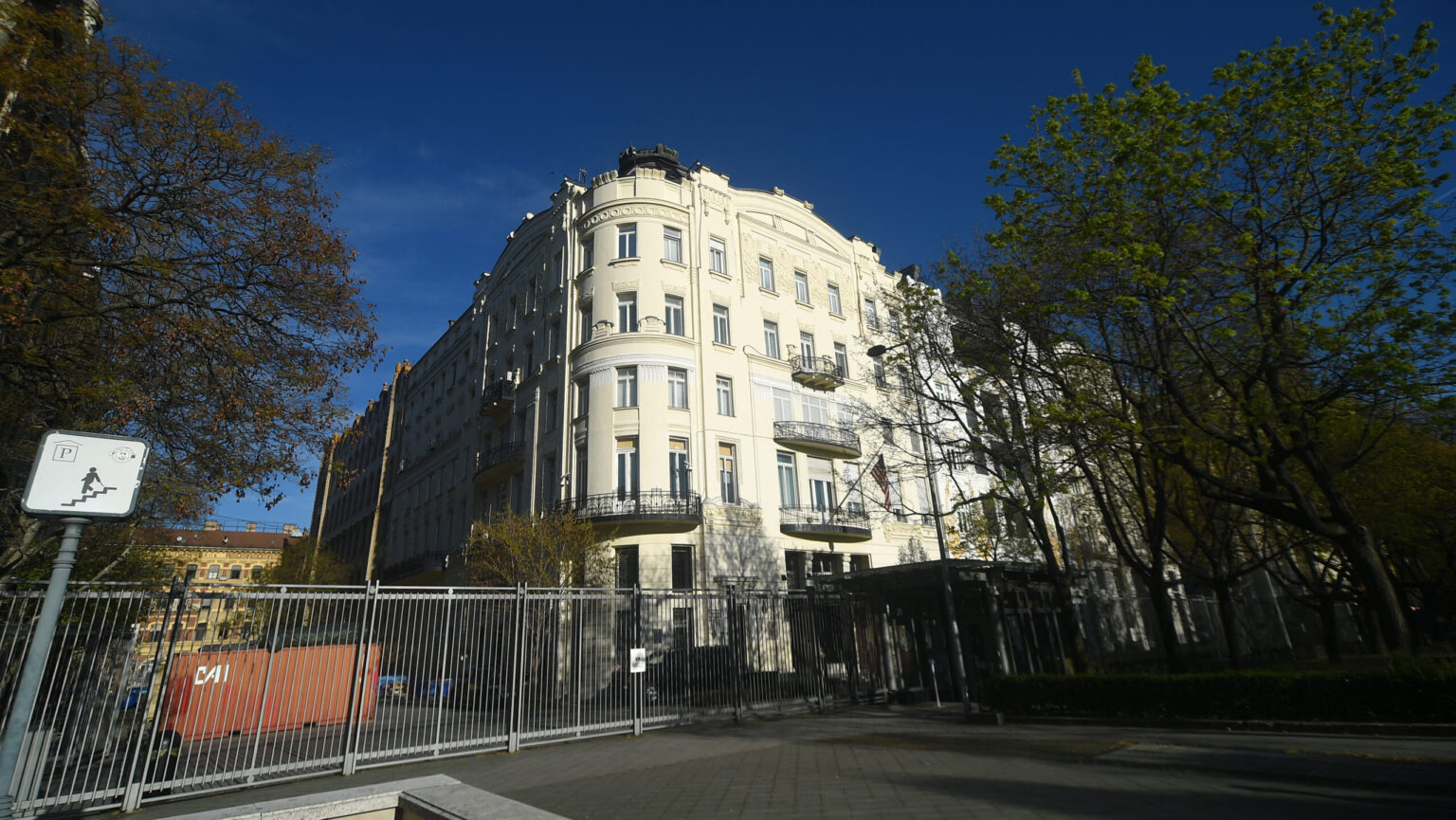
President Donald Trump has tapped Benjamin Landa, a businessman active in Jewish communal life, as the next US Ambassador to Hungary. Landa’s nomination follows months of speculation and comes after Pressman’s departure, with diplomat Robert Palladino currently serving as interim head of mission.
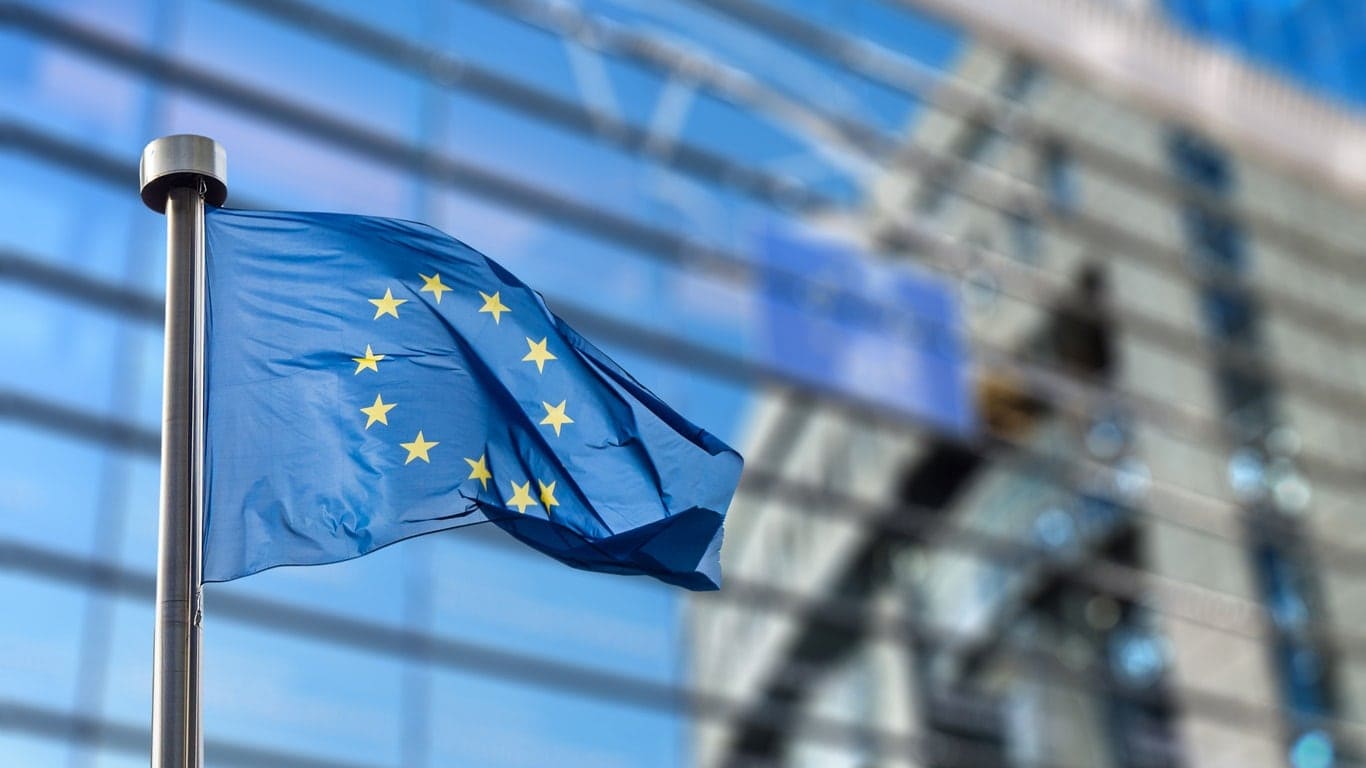
‘In recent years, the European Union has been seeking the glamour of international politics. It wants to behave like a great power, while its vocation should be to organize close cooperation between sovereign states. It wants to wage war when its mission is to bring peace. Under the current leadership, it has abandoned its mission as set forth by the Founding Fathers, and this could cost it its existence.’
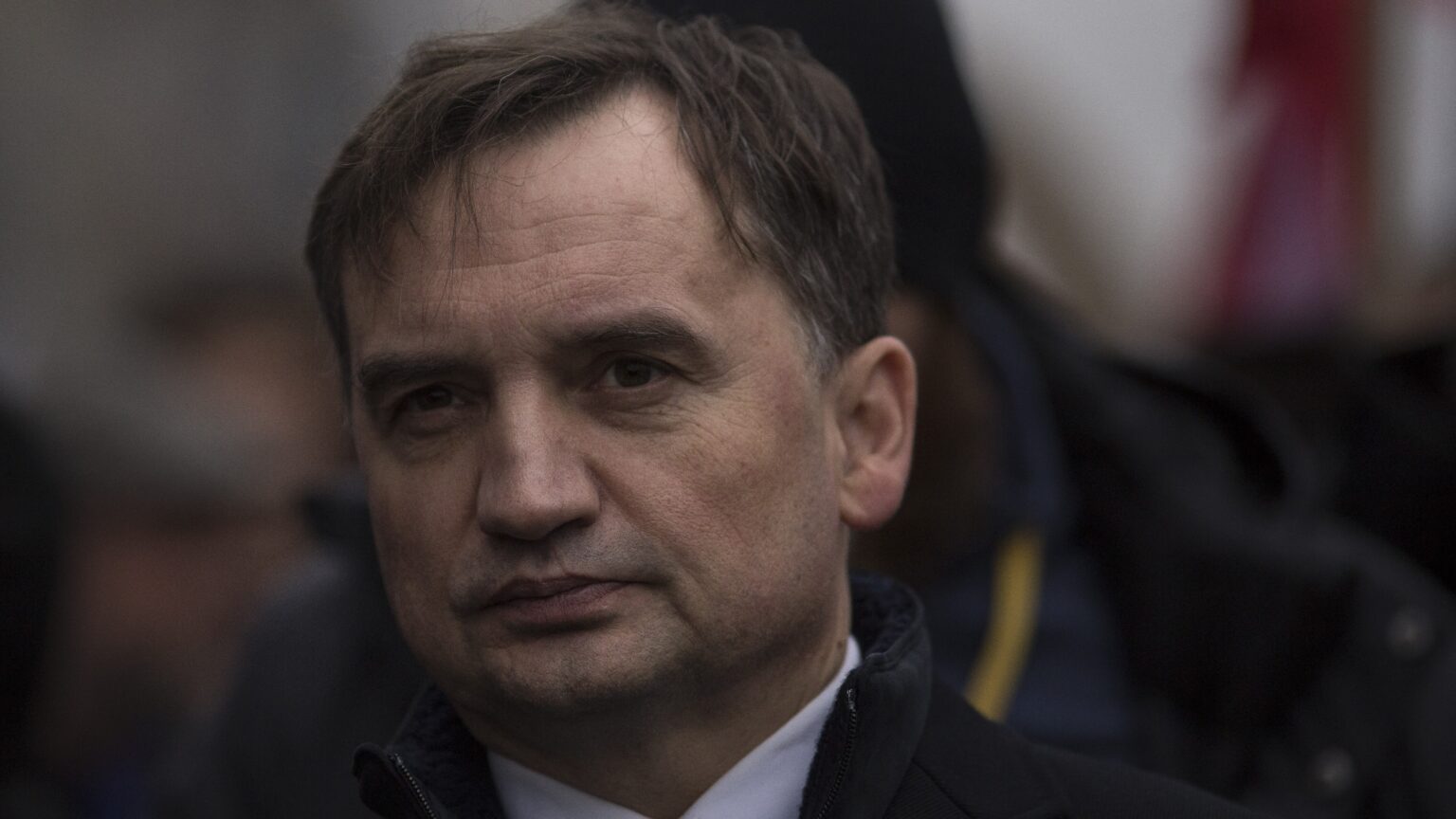
‘The central allegation is that Pegasus was acquired illegally…In 2017 Deputy Minister of Justice Michał Woś transferred funds from the Justice Fund to the Central Anti-Corruption Bureau (CBA). The opposition and the Supreme Audit Office deemed this unlawful, claiming that the CBA may only receive money from the state budget. However, there is no legal basis for such exclusivity…’
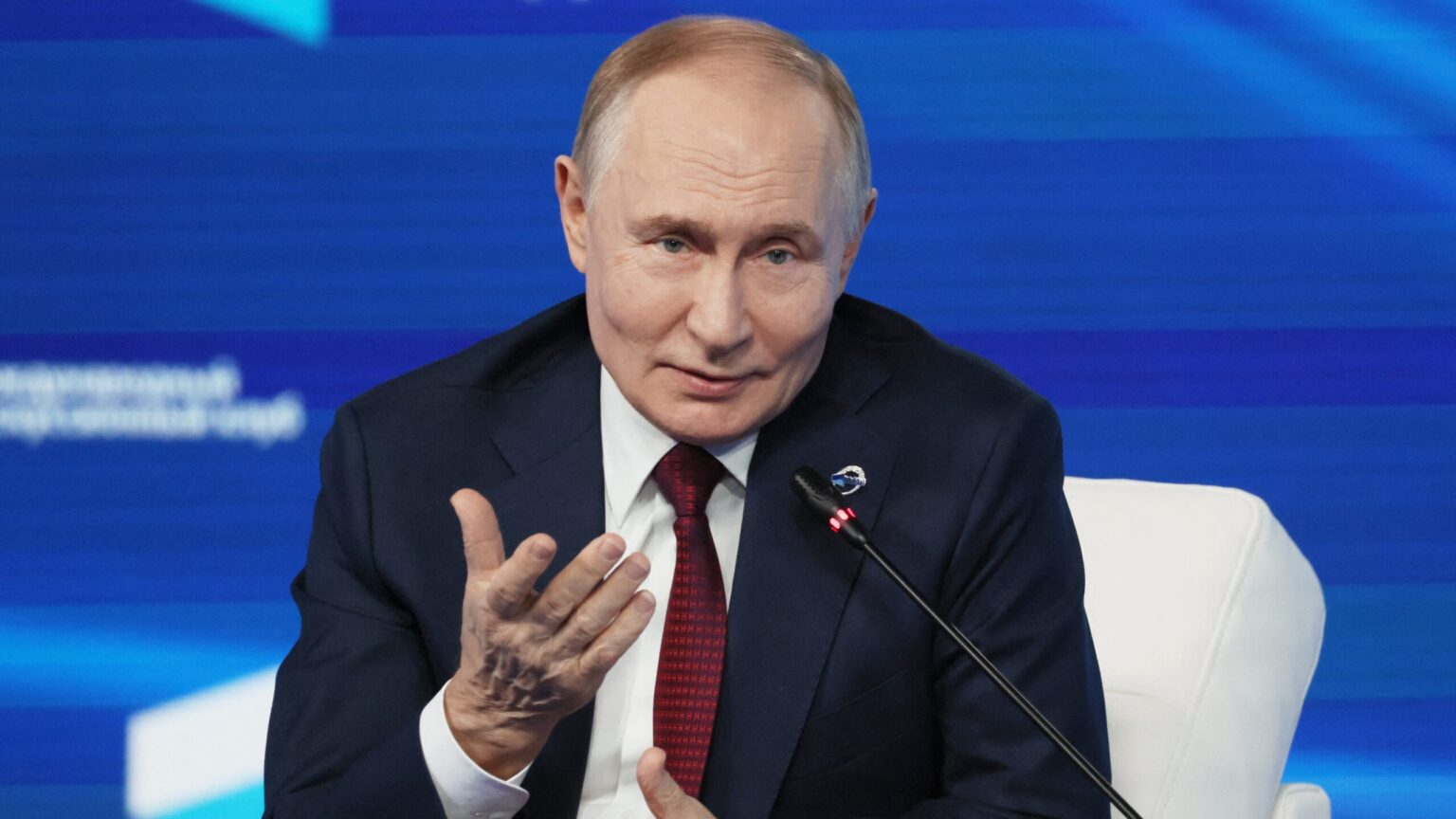
Russian President Vladimir Putin praised Viktor Orbán as a leader defending national interests in Europe, declaring that if such forces grow stronger, ‘Europe will be reborn.’ Speaking at the Valdai Club in Sochi, he also attacked the EU’s migration policies, while boasting that Russian forces hold the strategic initiative in Ukraine.

40 years after its historic circumnavigation, the legendary St Jupát sailboat has been fully restored and relaunched on Lake Balaton. Visitors can explore the vessel and join a 700-day series of events celebrating the daring voyage of Nándor Fa and József Gál.
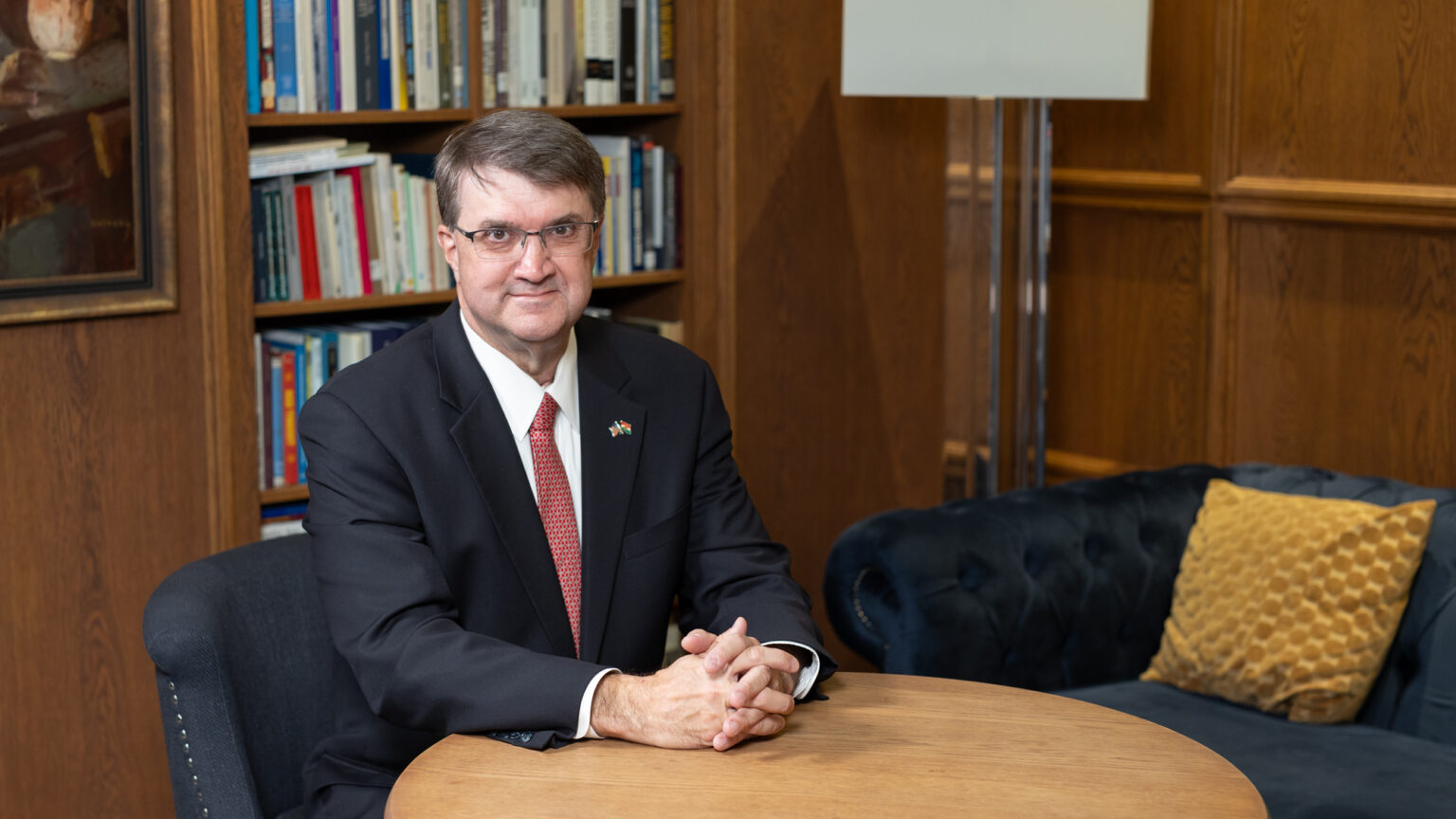
What tools of pressure does Trump have to deploy against Russia if diplomacy fails? Is the United States’ support for Israel infinite? Could Hungary switch from Russian energy to American? What is the future of Europe? We asked former United States Secretary of Veterans Affairs Robert Wilkie about Trump’s three unresolved geopolitical games.
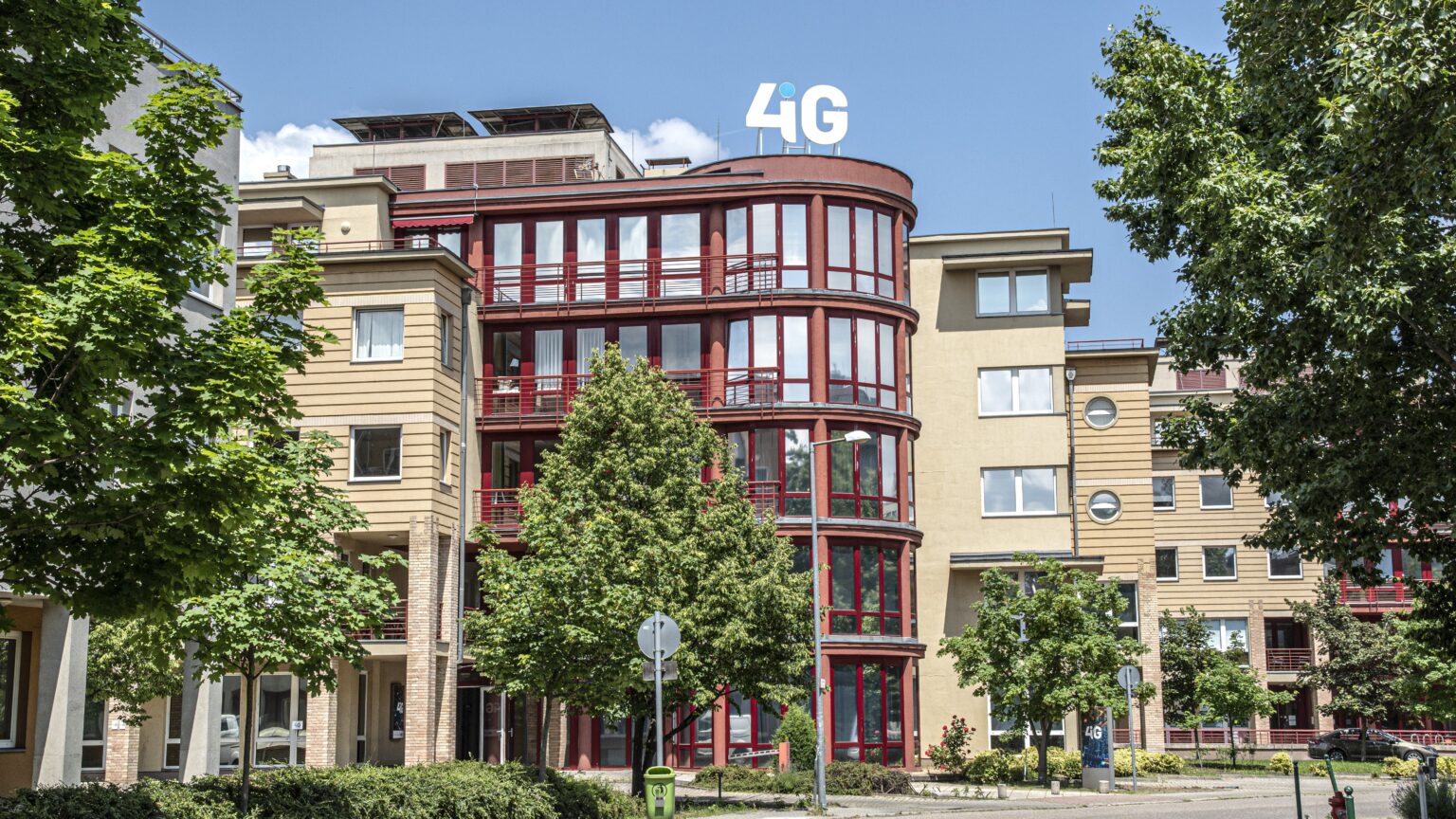
Hungary’s 4iG Group has signed a preliminary agreement with US-based Axiom Space, pledging up to 100 million dollars in investment and outlining plans for a further 100 million dollar project to build Europe’s first orbital data centre.

A Yom Kippur terror attack at a Manchester synagogue left two dead and several wounded, shocking Britain’s Jewish community. Hours later, a pro-Palestine protest erupted in London near Downing Street, where clashes broke out and one demonstrator declared: ‘I don’t give a f*** about the Jewish community right now.’
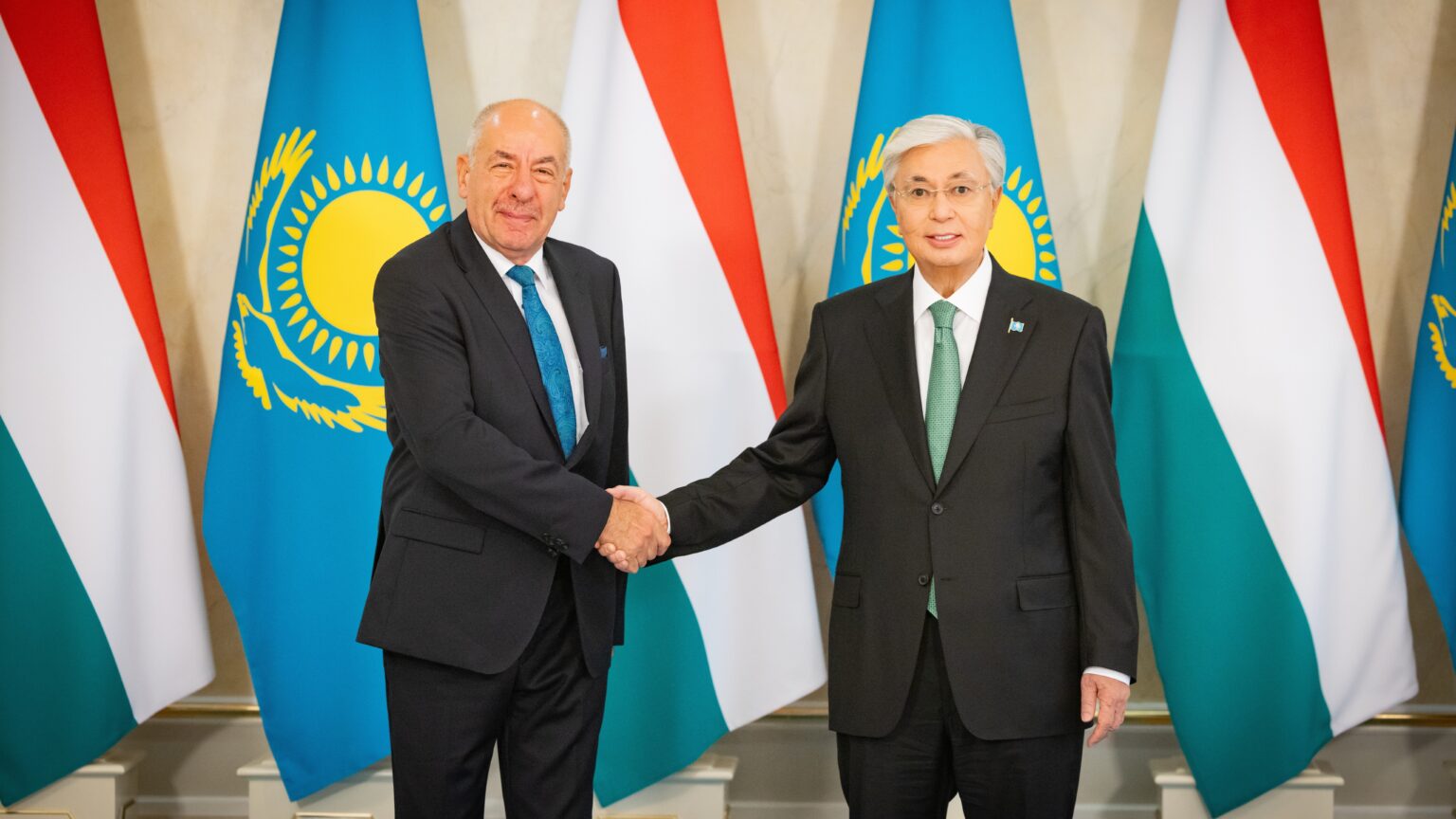
Hungarian President Tamás Sulyok paid an official visit to Kazakhstan, where he was awarded the country’s highest state honour, the Order of Friendship, in recognition of the close ties between the two nations. Talks focused on strategic cooperation in energy, trade, and logistics.
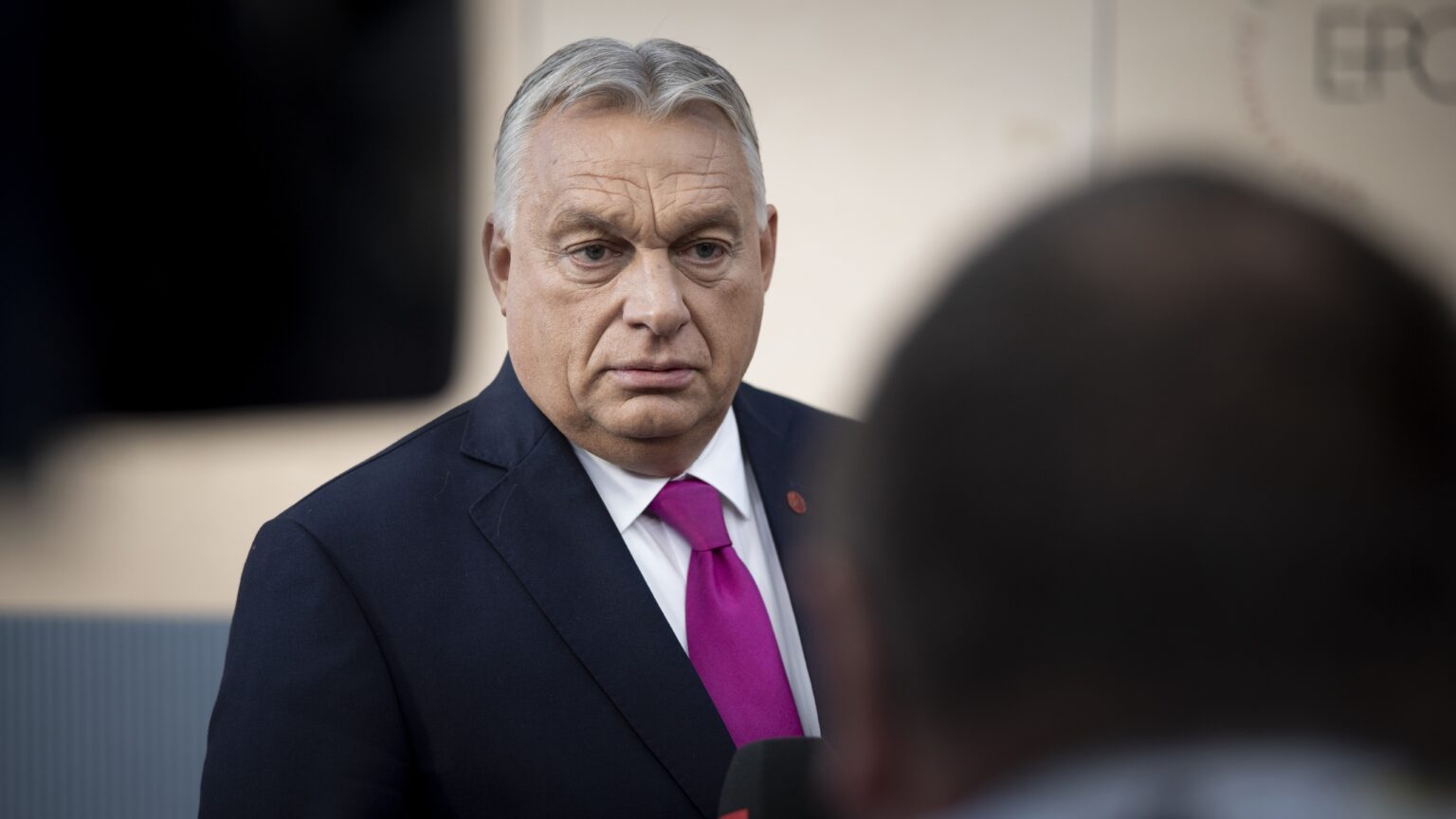
Prime Minister Viktor Orbán reiterated that Hungarians want to stay out of the war and reject Ukraine’s EU membership. Following the EU summit in Copenhagen, he launched a signature drive to reinforce public opposition to Brussels’ war strategy.

Hungarian champions Ferencváros beat the Belgian side KRC Genk 1–0 away from home in the UEFA Europa League league phase, and are now sitting on four points in two games. Barnabás Varga scored the winner, which was his 12th goal of the season already. However, he also missed a penalty in the second half.
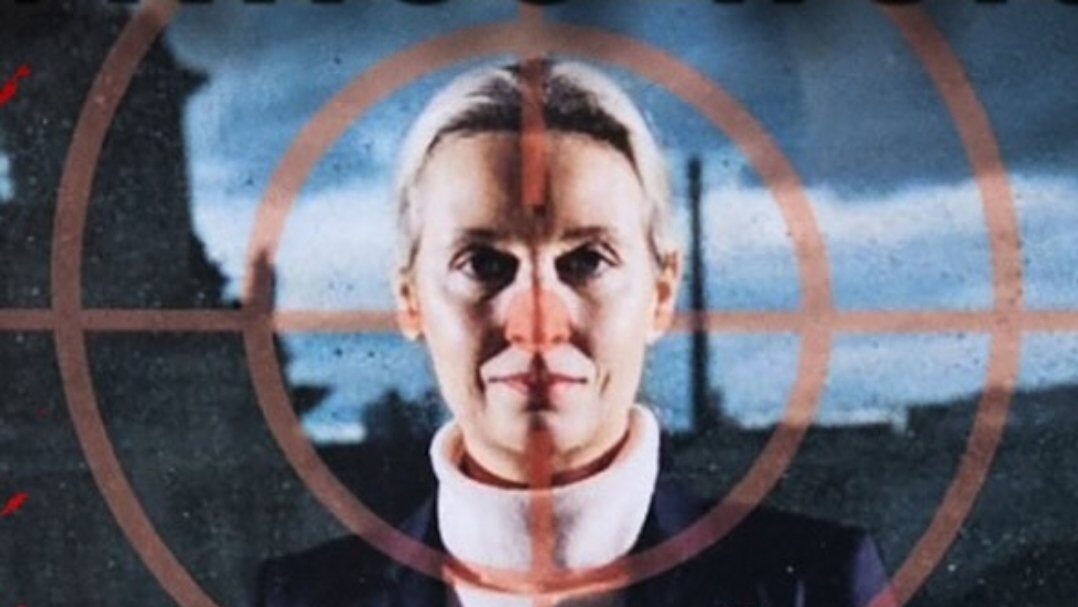
German authorities have launched an investigation into Die Linke’s Hanover youth branch after the group posted a sticker showing AfD co-chair Alice Weidel in crosshairs with the words ‘aim here’. The image, condemned as an incitement to violence, follows recent posts by the same organization celebrating the assassination of Charlie Kirk.
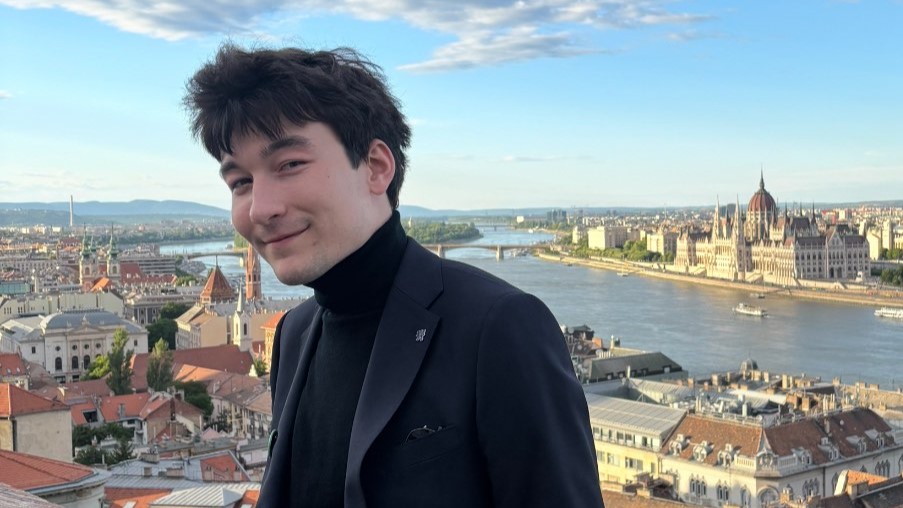
‘Politically-involved people in the West will encounter different problems in their own national landscapes, but they may find they have a lot to learn from the failures, successes and general proceedings in other countries.’
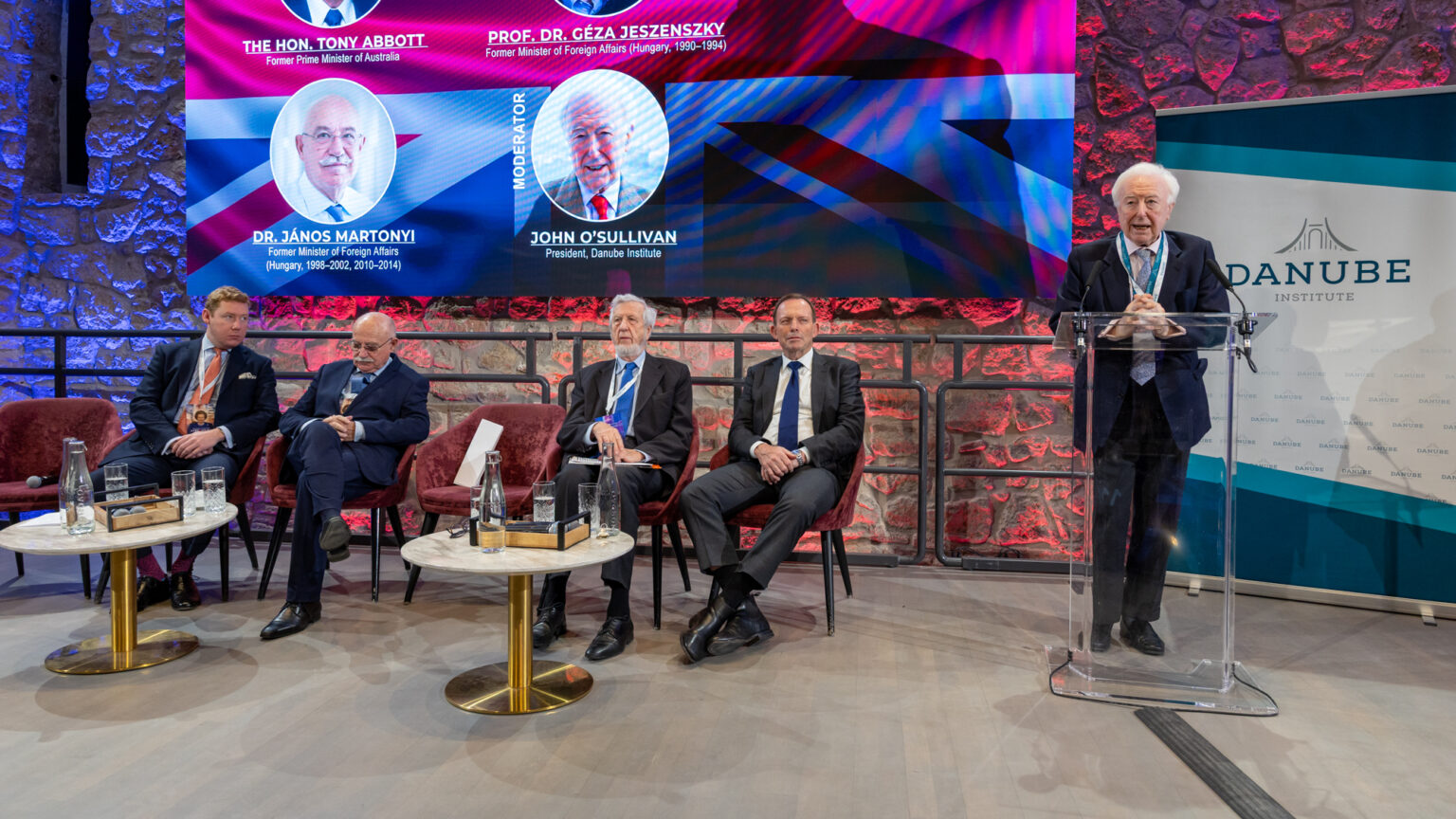
An event honouring the life and legacy of UK Prime Minister Margaret Thatcher was held at the Danube Institute in Budapest. Institute President John O’Sullivan, who worked closely with Thatcher as a policy advisor and speechwriter, was joined by a number of distinguished guests who shared personal memories and reflections on the enduring impact of the Iron Lady.
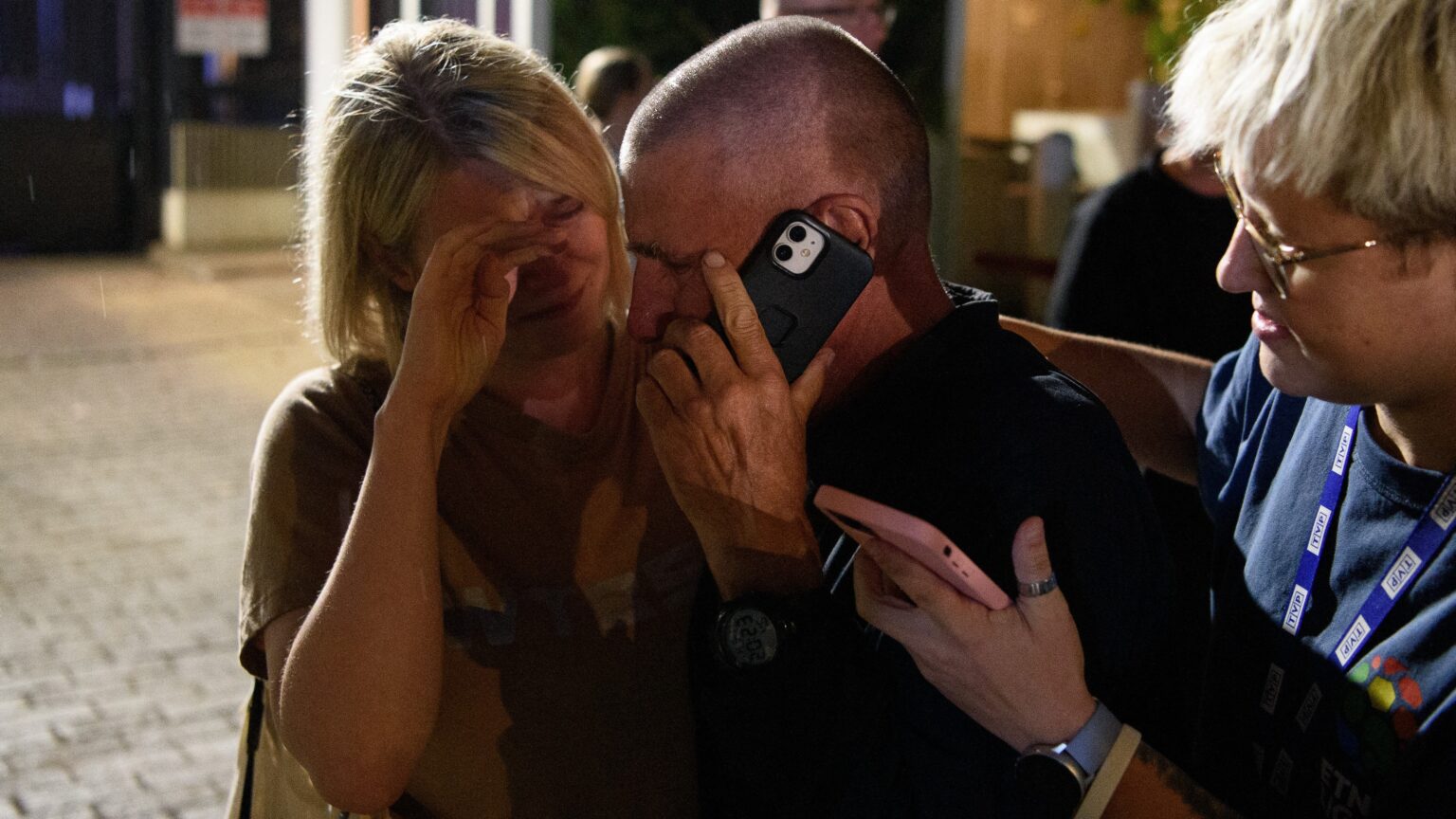
‘This is precisely the power of diplomacy. Minsk’s example demonstrates that authoritarian regimes respond to smart diplomacy. The leaders of such countries also react to incentives—be it better trade deals or a bit of international spotlight.’

Hungary has signed its longest-ever liquefied natural gas supply deal with French energy giant ENGIE, securing 4 billion cubic metres of LNG between 2028 and 2038. The government says the agreement strengthens national energy security amid global uncertainty.
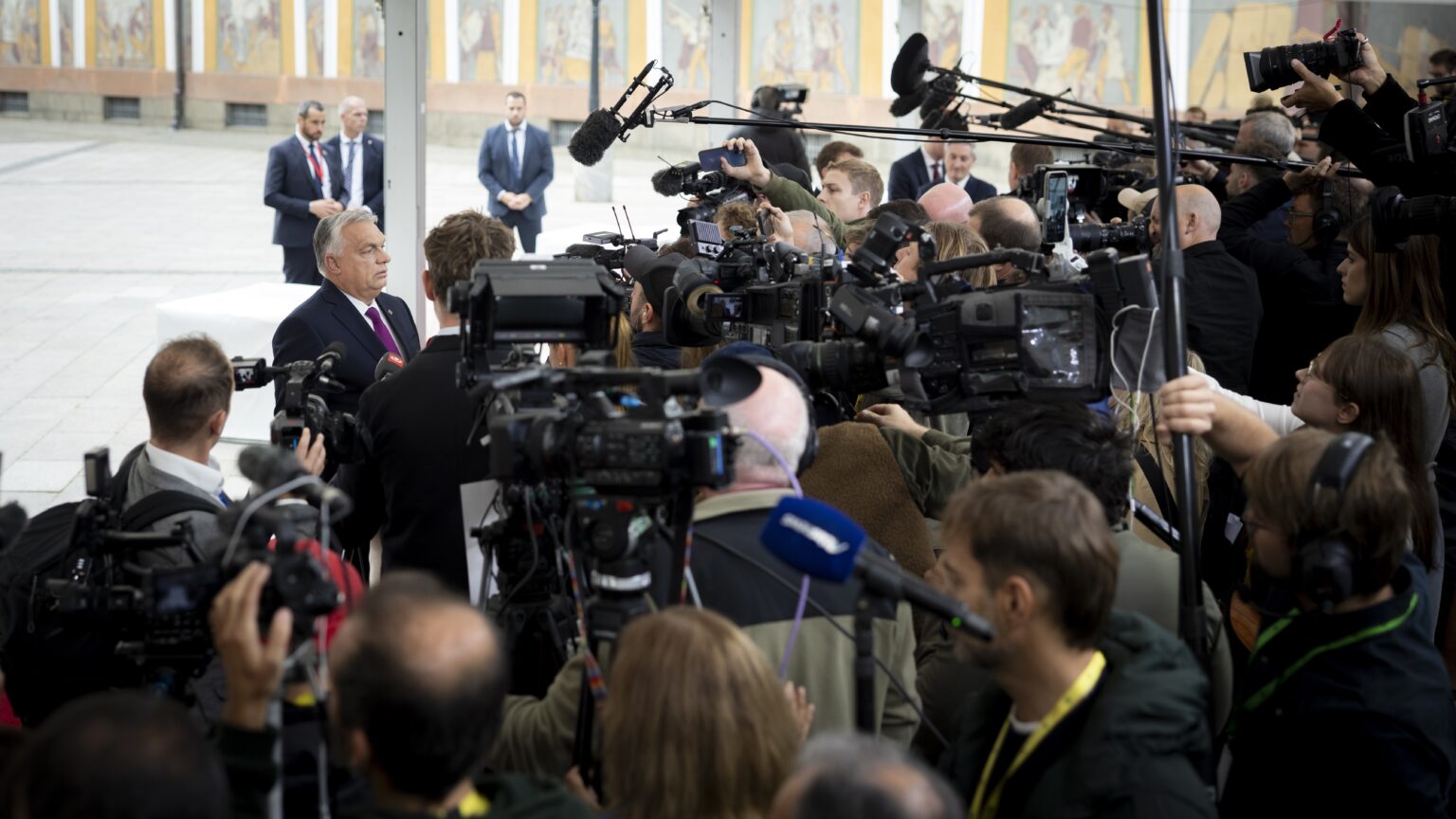
Hungary cannot be circumvented with legal manoeuvres to open Ukraine’s EU accession process, Prime Minister Viktor Orbán said in Copenhagen ahead of an informal EU summit, insisting any enlargement must follow the same rules and warning that fast-tracking Kyiv risks drawing the EU into war and draining funds.

From 9–19 October, the Buda Castle District will host the 360 Design Budapest exhibition, presenting nearly 400 works by around 100 Hungarian and regional designers and manufacturers, including a special showcase of Sándor Borz Kováts.

‘It is something we should all stand behind, work toward, and relentlessly pressure our political elites to pursue,’ Eva Vlaardingerbroek told Hungarian Conservative. The Dutch conservative activist and political commentator argued that remigration is the single decisive step European leaders must take to reverse the continent’s trajectory.
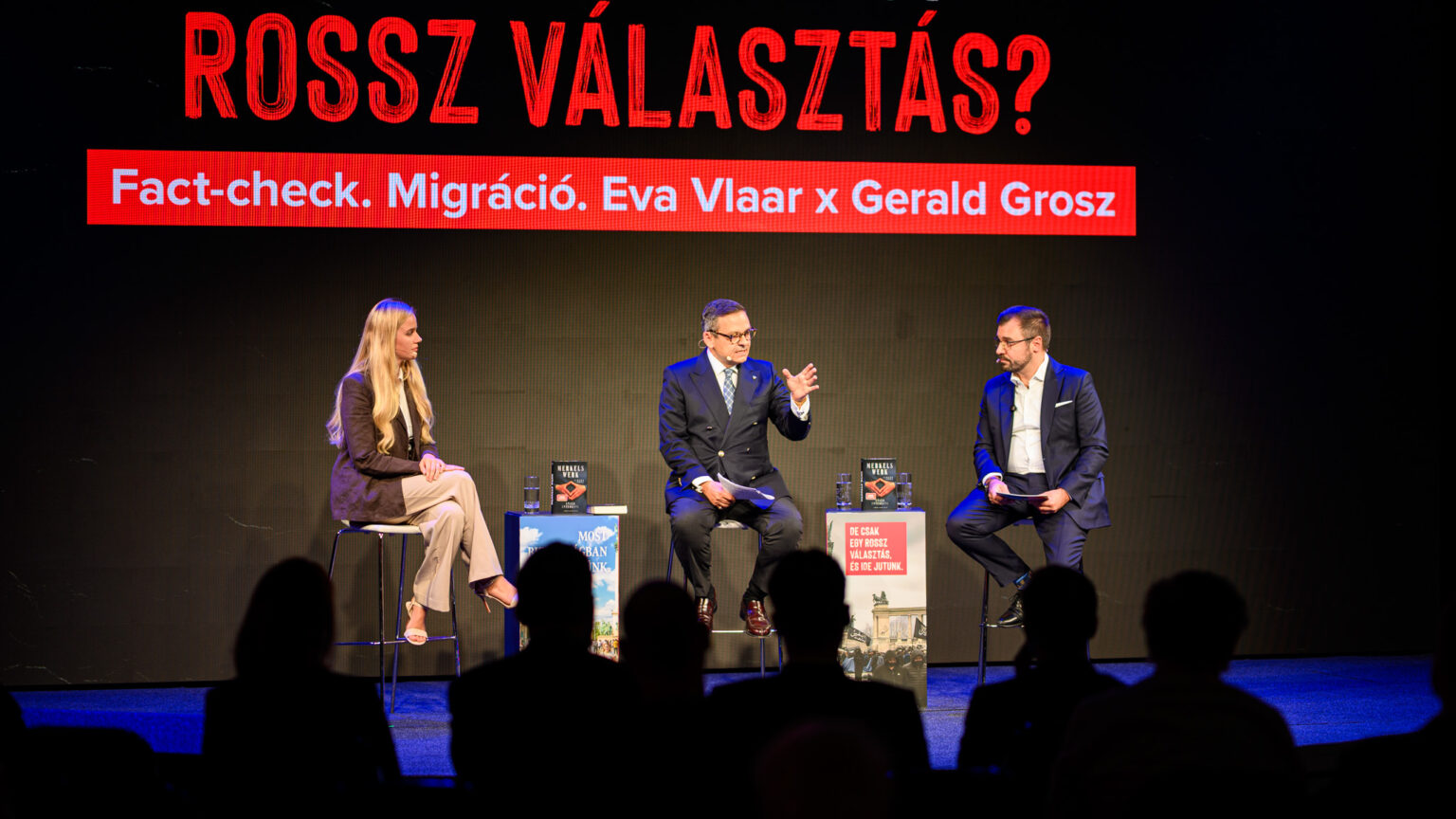
Eva Vlaardingerbroek and Gerald Grosz warned in Budapest that mass migration has devastated Western Europe, praising Hungary as a rare bastion of safety and identity. Vlaardingerbroek called it ‘the only country left in Europe that represents what Europe was,’ while Grosz described it as ‘the safe Europe as we knew it.’
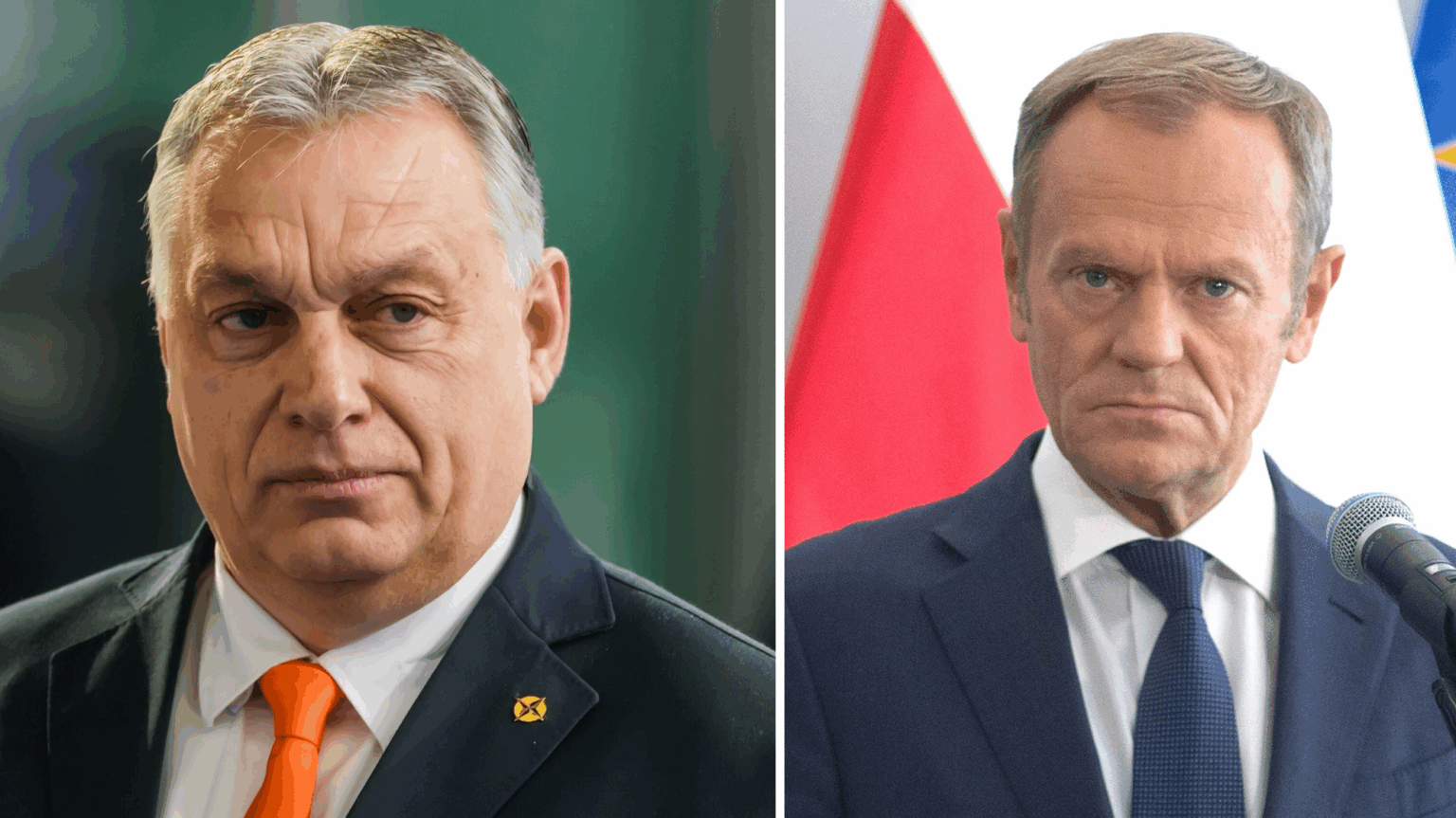
Prime Minister Donald Tusk of Poland called the Russo–Ukrainian war ‘our war’ at the Warsaw Security Forum, prompting a sharp rebuke from his Hungarian counterpart Viktor Orbán, who warned that neither Hungary nor the EU is at war with Russia and accused Tusk of endangering European lives.
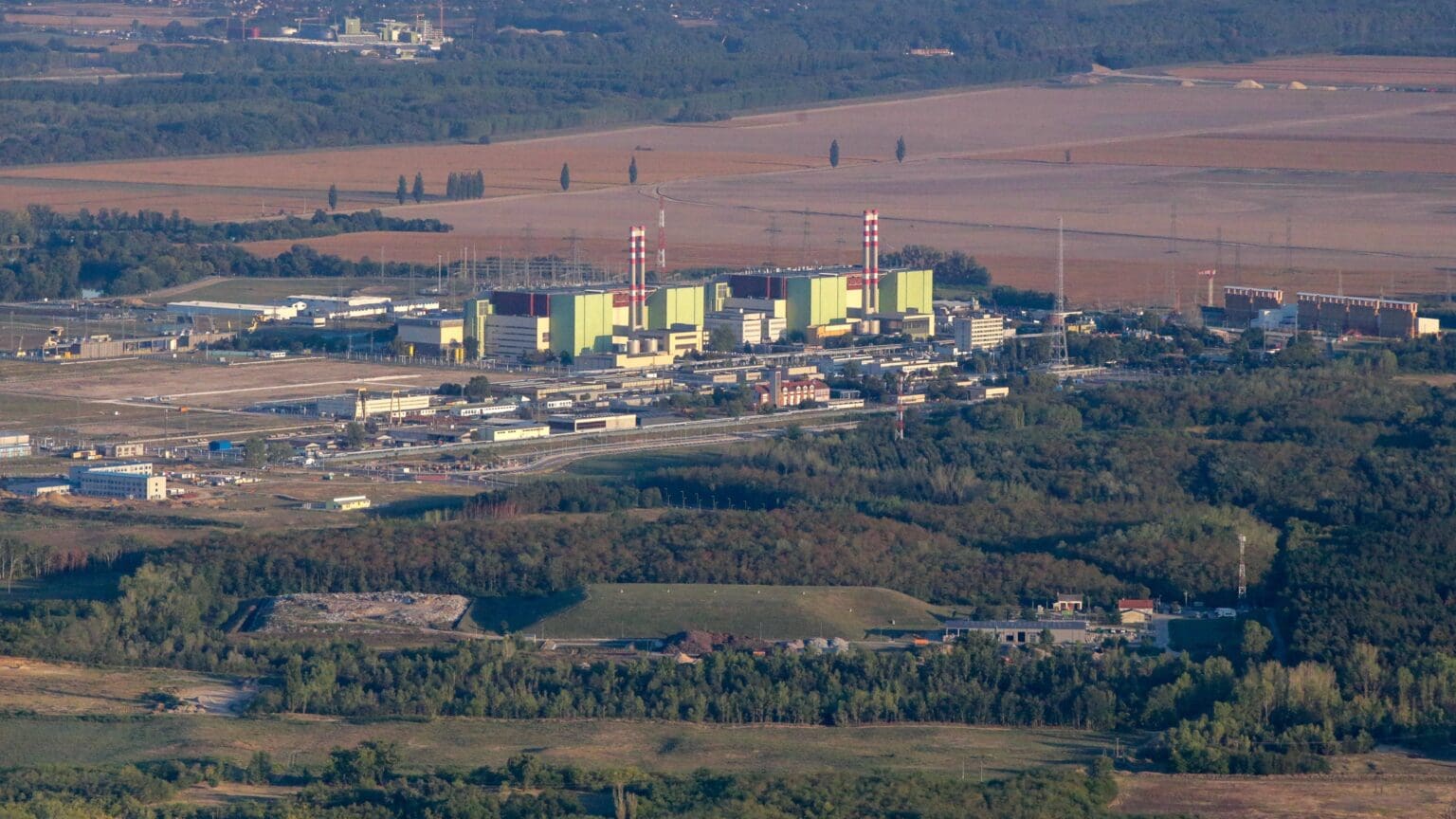
On 17 October, Hungary’s Night of Power Plants will return with more than 80 energy and utility facilities nationwide opening their doors to the public. Entry is free but requires registration starting 1 October.
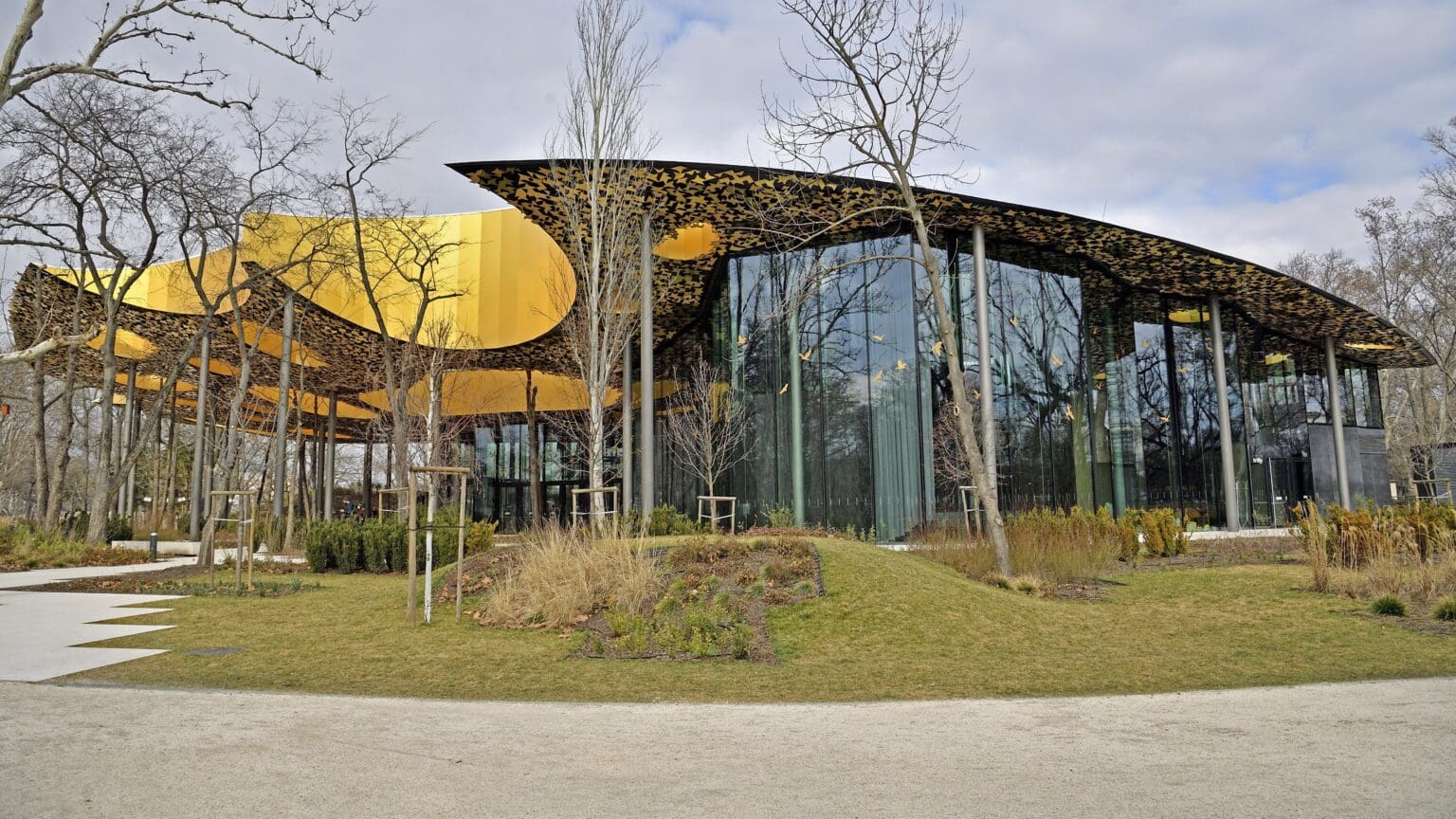
To mark World Music Day, the House of Music Hungary is launching a new online series that brings unique live productions from its concert hall to a wider audience, starting 1 October with Meredith Monk and the Quinteto Astor Piazzolla.

A new poll shows that two-thirds of Hungarians oppose an EU-backed ban on Russian oil and gas, despite the Tisza Party adding it to its programme. While most Tisza supporters back the move, nearly all Fidesz voters reject it.
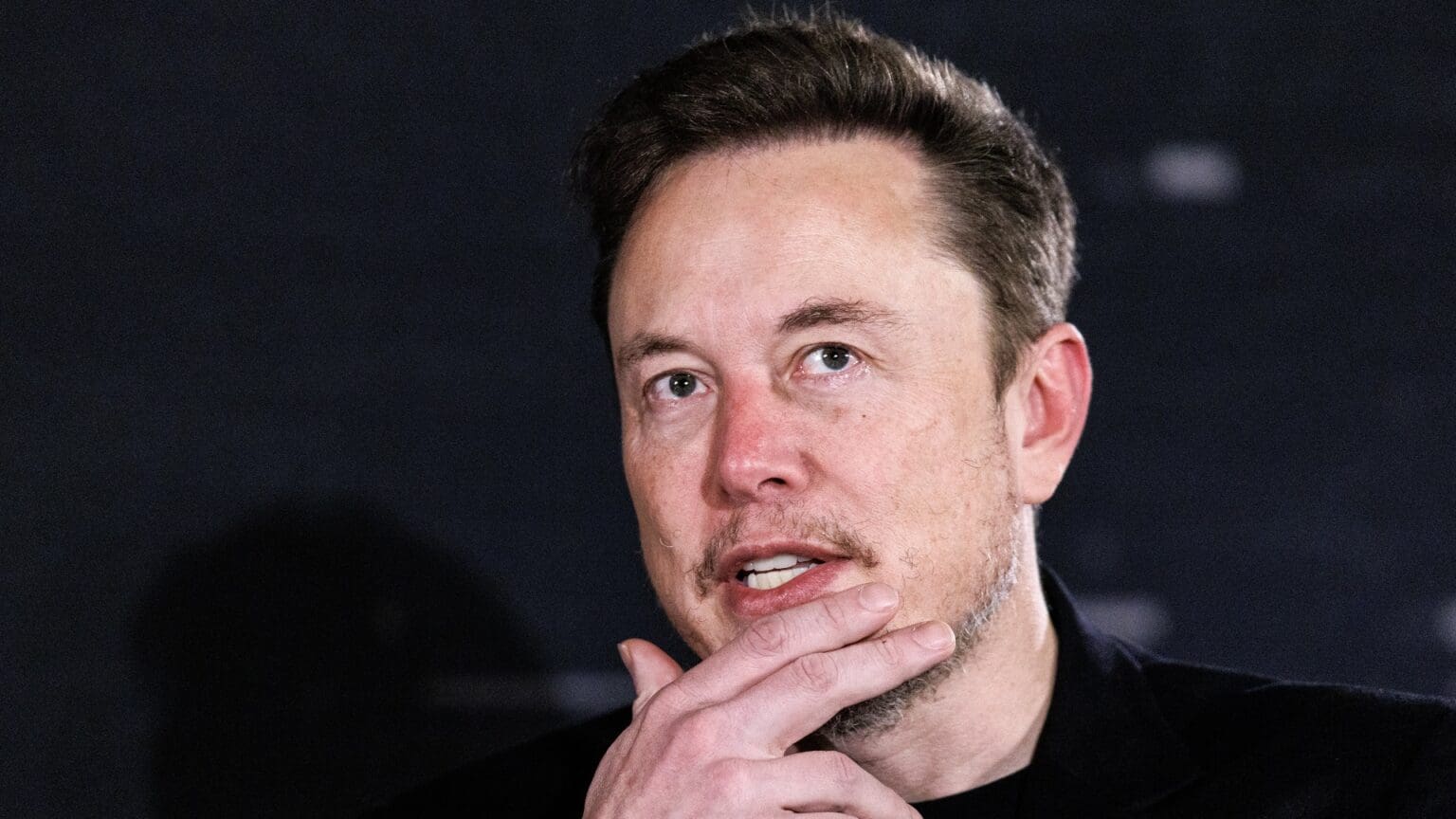
The American streaming giant Netflix is currently under fire on X for the creator of one of their animated programmes making denigrating comments about Charlie Kirk’s death. As it turned out, the same cartoon also promoted transgenderism to children. Elon Musk has also chimed in, announcing that he is cancelling his Netflix subscription because of the controversy.